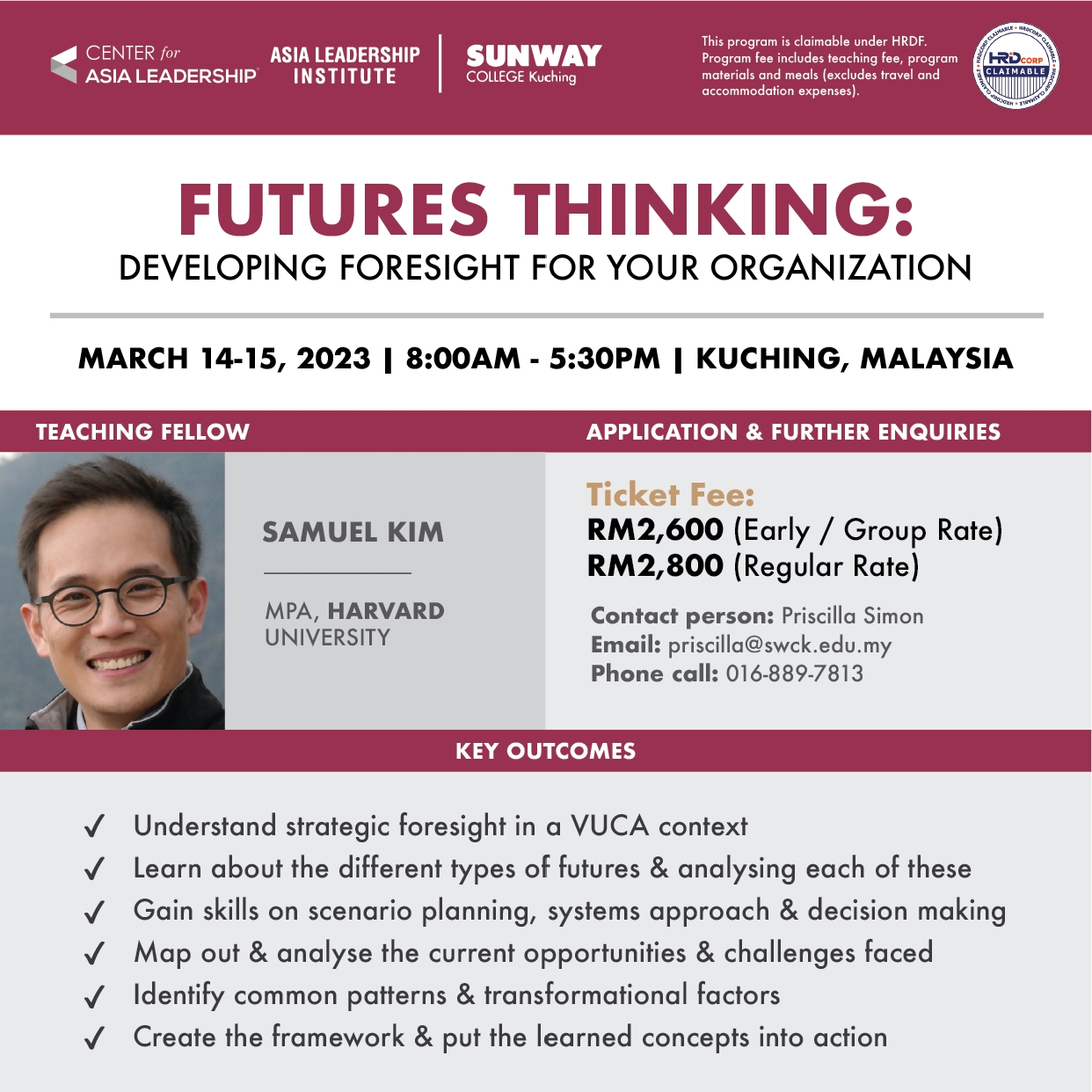People rarely know how aspirations are born. Often, they are inspired by brave, larger than life figures. For young people, it’s important to see a glimpse of their future selves in others. Role models, mentors, or life pegs all point to personal possibility yet to be discovered.
In this excerpt from the article “What is Change?”, young author Alicia Leong explores how a role model moves young minds and hearts to dream in a way they’ve never done before. A shy international school student who initially thought she wasn’t good enough, she found solace in knowing that successful people started small. In her article, she discovered that dreams are more than just wanting to hold a certain title or position. Being successful ultimately means finding meaning and serving others. For Leong, the ultimate question is, “How do I want to change people’s lives?” Her full essay can be found in the book Leadership that Triumphs: Moments of Greatness in the Work of Leadership.
Meeting a Real Role Model
For the longest time, I considered myself a failure, someone not good enough for the world, my friends, or even my family. I think that is the reason why I have always tried to please everyone and not care or reflect on myself; being a “perfect” person for others was something I always wanted to achieve. Since I was five years old, I have had etched in my mind the idea that being a doctor will make me “perfect,” as it will enable me to grant second chances to people, like a fairy godmother. It was not until I attended my first career mentoring session at the ALYC, on medicine and healthcare, led by Dr. Namit Choksi from the Harvard School of Public Health, that I realized what it truly means to be a doctor.
Entering his class for the first time, my palms began to sweat and become clammy: I was about to listen to an actual doctor! To say that he was a good role model would be an understatement. For me, he was the perfect person to look up to. Dr. Choksi was living the life I dreamed of; he had graduated from medical school, become a successful doctor, and gone on to graduate from Harvard later on. These details ran through my head as I sat down. When he started his presentation, he said that both his parents were doctors and that, initially, being a doctor had not been his own intention. Instead he had wanted to be a pilot or a world-renowned chef. He showed us how open-heart surgeries were done, and I felt awed by this little miracle that keeps me alive every day. I thought, “that is something I would love to witness with my own eyes.”
When the floor was open for questions, I quickly raised my hand and asked my biggest concern about becoming a doctor: “What is the one tip you would give for succeeding in a medical-school entrance interview?” He came and stood directly in front of my desk and asked, “Why do you want to be a doctor?” That question caught me off guard, but when I thought back to the open-heart surgery video I had seen, I replied, “I believe that the right to live should be equal and accessible to everyone.” With that, he looked me in the eye and said, “Congratulations, you have just earned yourself a place at a medical school.” After that exchange, I contemplated the things I would need to face if I were to become a doctor. My list has these lines on it: “Studying for the rest of my life. Controlling the fate of an individual’s life.
Working odd hours.” The list sounded bleak. Did I really want to become a doctor? Had I considered all the other options? Questions flooded through my mind like a tsunami after the session with Dr. Namit. I was no longer sure if my motivation to become a doctor originated from my parents or from myself. Did I want to become a doctor out of my own self-interest or in my family’s interest? I thought back to the answer I had given Dr. Namit.
Deep down, I truly believed in that answer. Then one of his stories came to mind. He had told us about a little girl’s parents who were not able to afford the medication that would ensure her survival. The family was poor and decided that their daughter’s health was not their main priority. Dr. Choksi, however, decided to care for the child himself and saved her life. He said that being a doctor is a privilege because you are given chances to change other people’s lives. It is something that only a few people have the power to do. Thanks to that story, I decided that I would like to pursue a career in which I could change the lives of others, and I came up with two more questions for myself: (1) Why do I want to change lives? (2) Are there other careers that can also change people’s lives?
By Alicia Leong

